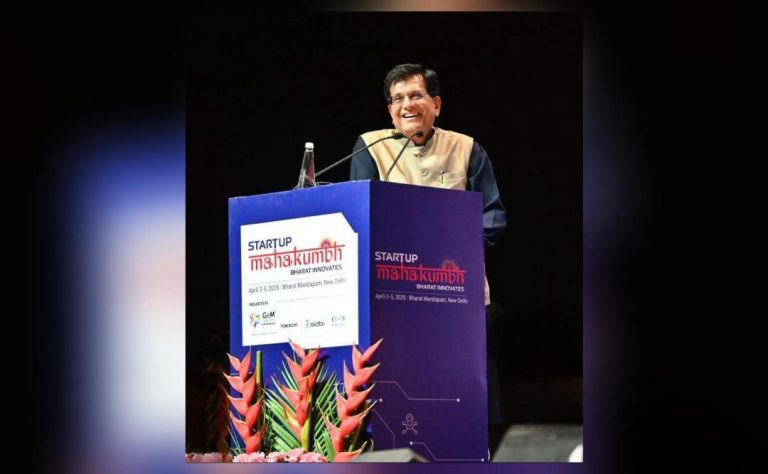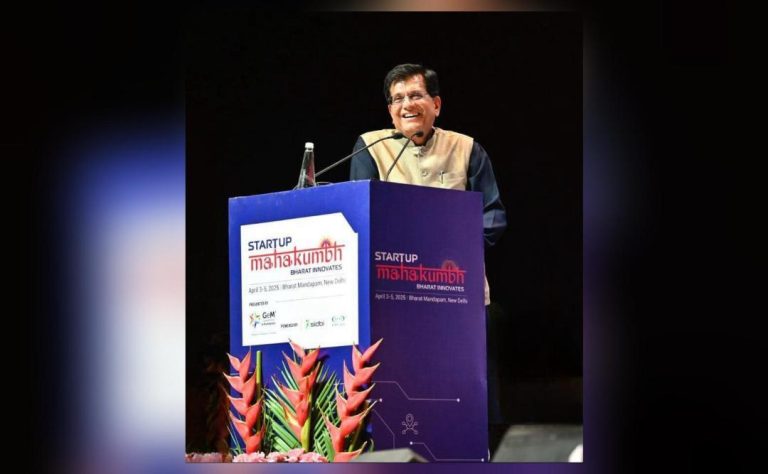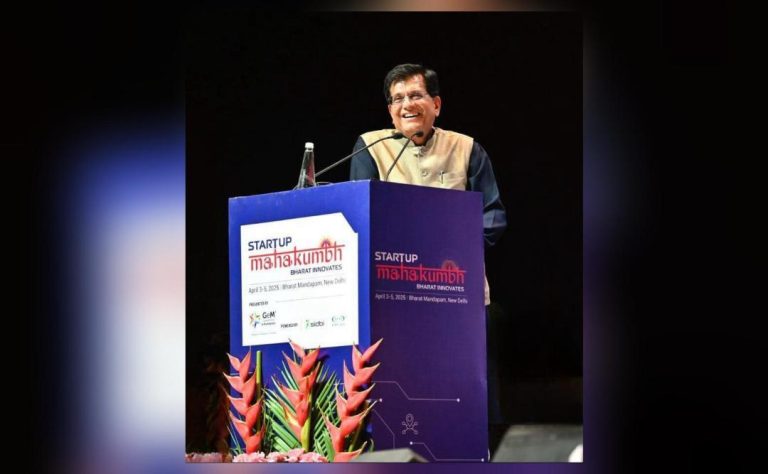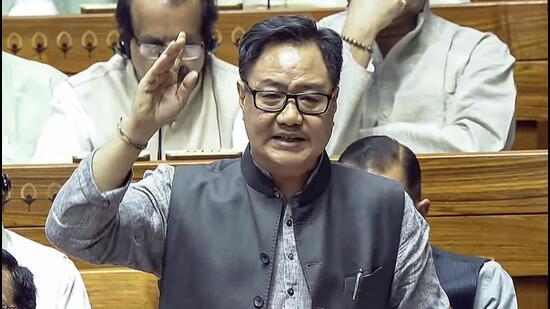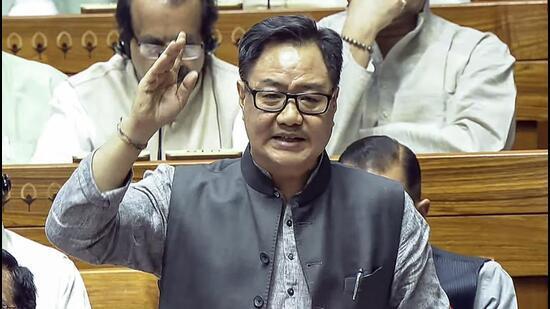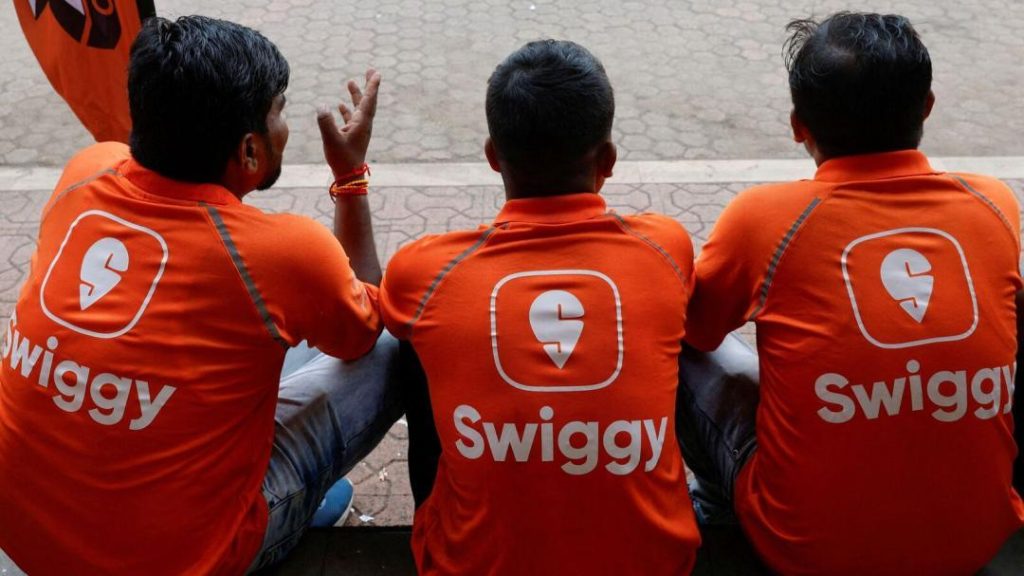
Swiggy Faces ₹158 Crore Tax Demand Over Cancellation Fees
In a recent development, food delivery giant Swiggy has been slapped with a whopping ₹158 crore tax demand by the Income Tax Department for the financial year 2021-22. The demand is reportedly related to alleged violations of tax provisions regarding cancellation charges paid to merchants. The Bengaluru-based company plans to appeal against the demand, citing a misunderstanding of tax provisions.
According to reports, the tax demand was issued after the Income Tax Department conducted an audit of Swiggy’s financial statements for the fiscal year 2021-22. The tax authorities have allegedly determined that the company had violated tax laws by collecting and retaining cancellation fees from customers, which were then paid to merchants.
Swiggy has been vocal about its disagreement with the tax demand, stating that the issue stems from a misunderstanding of tax provisions. The company has been collecting cancellation fees from customers as per its terms and conditions, which it claims is a legitimate business practice. However, the tax authorities have deemed these fees as taxable income, leading to the massive tax demand.
The development is significant, as it may set a precedent for how cancellation fees are taxed in the evolving digital economy. With the rise of online marketplaces and food delivery platforms, the issue of cancellation fees has become increasingly relevant. The case may have implications for other companies operating in the same space, as tax authorities seek to clarify the tax treatment of such fees.
Industry experts suggest that the case highlights the need for clarity on tax provisions related to digital transactions. “The tax treatment of cancellation fees is a grey area, and this case may help clarify the issue,” said Dr. Rakesh Agrawal, a tax expert. “However, it’s essential to ensure that the tax demand is fair and reasonable. Swiggy may have a valid argument that the demand is excessive.”
The tax demand has sparked concerns among investors and stakeholders, who are keenly watching the development. Swiggy’s valuation has taken a hit in recent months, and the company’s ability to manage its tax liabilities will be crucial in determining its financial performance.
Swiggy’s competitors, such as Zomato and Foodpanda, are also keeping a close eye on the development. While the tax demand is specific to Swiggy, the case may have implications for the entire food delivery industry. “The tax treatment of cancellation fees is a critical issue for the entire industry,” said a spokesperson for Zomato. “We are closely monitoring the situation and will take necessary steps to ensure compliance with tax laws.”
The case highlights the need for companies operating in the digital economy to prioritize tax compliance and transparency. With the Income Tax Department increasingly focusing on tax evasion and misreporting, companies must ensure that their tax practices are above board.
In conclusion, the ₹158 crore tax demand against Swiggy is a significant development that may have far-reaching implications for the food delivery industry. While the company plans to appeal against the demand, the case highlights the need for clarity on tax provisions related to digital transactions. As the tax authorities seek to clarify the tax treatment of cancellation fees, companies must prioritize tax compliance and transparency to avoid similar disputes in the future.
Source: https://ascendants.in/industry_events/swiggy-rs-158-crore-tax-demand/
